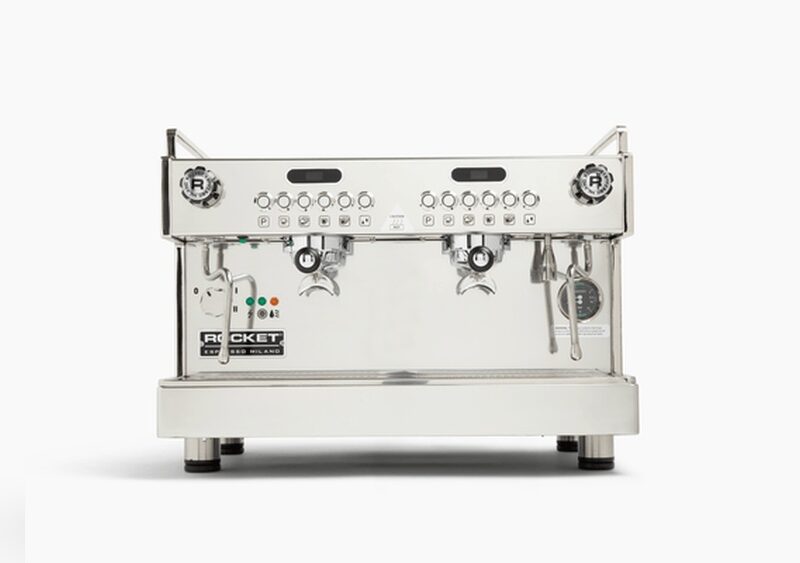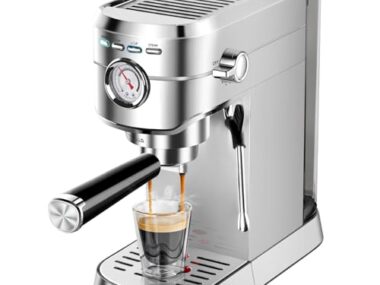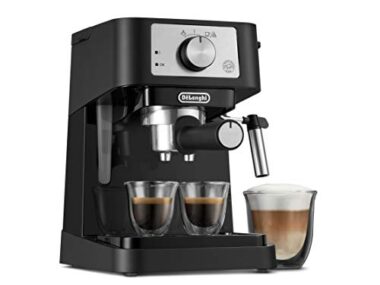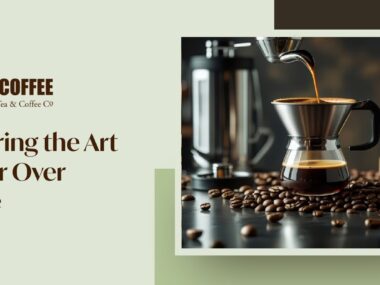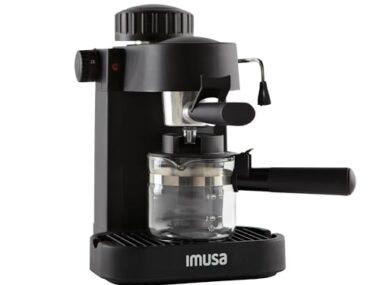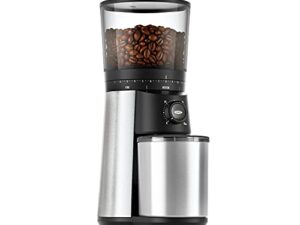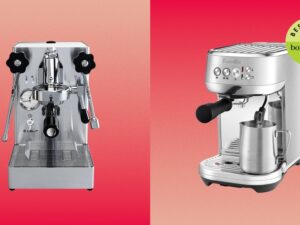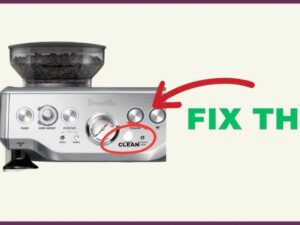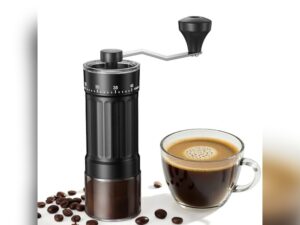Are you thinking about investing in a commercial espresso machine but unsure how much it will cost? Knowing the price range upfront can save you time and help you make smarter decisions for your business or café.
Whether you’re starting fresh or upgrading your current setup, understanding what affects the cost of these machines is key. From basic models to high-end equipment, the price can vary widely—and knowing why will help you find the perfect fit for your budget and needs.
Keep reading to discover exactly how much a commercial espresso machine costs and what you should consider before making this important purchase.
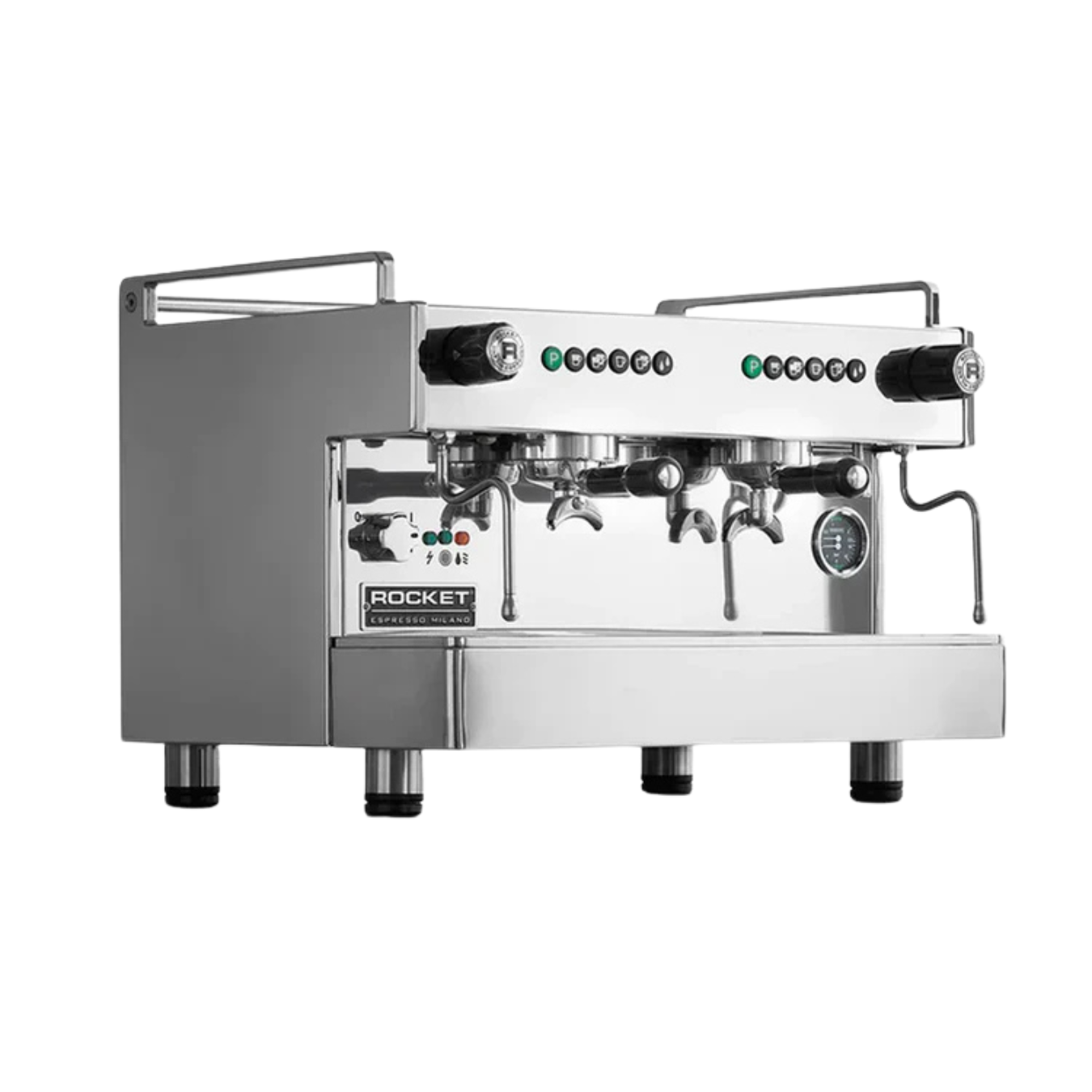
Credit: www.coffeemachinedepot.com
Price Ranges
Commercial espresso machines come in various price ranges. Each range offers different features and capacities. Choosing the right price range depends on your business needs and budget.
Entry-level Machines
Entry-level machines cost between $2,000 and $5,000. They suit small cafes or startups with low to moderate coffee demand. These machines are simpler to use and maintain. Expect basic features and smaller water tanks. They deliver good espresso but may lack advanced controls.
Mid-range Options
Mid-range machines cost from $5,000 to $15,000. They offer better build quality and more features. Suitable for busy cafes and restaurants with steady customer flow. These machines have larger boilers and better temperature control. You get more consistency and durability for daily use.
High-end Models
High-end models cost $15,000 and above. They suit high-volume coffee shops and specialty cafes. These machines feature advanced technology and multiple group heads. Expect precise temperature control and faster recovery times. High-end models also offer custom settings and premium materials. They provide top-quality espresso and long-term reliability.

Credit: procoffeegear.com
Key Features Affecting Cost
The cost of a commercial espresso machine depends on several key features. These features influence the price by affecting performance, durability, and ease of use. Understanding them helps buyers choose the right machine for their business and budget.
Boiler Types
Boilers heat the water to make espresso. Single boilers are common in entry-level machines. They cost less but require time to switch between brewing and steaming. Heat exchanger boilers allow brewing and steaming at the same time. These are faster and cost more. Dual boilers have separate boilers for brewing and steaming. They offer the best temperature control and speed. Dual boilers are usually the most expensive option.
Group Heads
Group heads are where the coffee grounds are packed. Machines can have one or multiple group heads. More group heads mean higher capacity and faster service. Each group head adds to the machine’s price. Commercial machines often have two to four group heads. More group heads also require more space and power.
Automation Levels
Machines vary from manual to fully automatic. Manual machines require skilled baristas to control every step. Semi-automatic machines automate water flow but need user input for timing. Fully automatic machines control water flow and volume automatically. Super-automatic machines grind, dose, tamp, and brew with minimal effort. Higher automation increases the cost but reduces labor and training needs.
Build Material
Durability depends on build materials. Stainless steel is common for its strength and resistance to corrosion. Machines with more stainless steel parts cost more but last longer. Plastic parts lower the price but reduce durability. Heavy-duty machines use thicker metals and quality components. These materials add to the weight and price but offer better reliability.
Popular Brands And Prices
Choosing the right commercial espresso machine depends on the brand and price. Popular brands offer different features and price ranges. Knowing these brands helps you find a machine that fits your budget and needs.
Council Oak Supply
Council Oak Supply offers quality machines at affordable prices. Their commercial espresso machines start around $4,600. Free delivery is often included, making it easier to get your machine. These machines are reliable for small to medium coffee shops. They balance price and performance well.
Prima Coffee
Prima Coffee sells high-end machines for serious coffee businesses. Prices can reach up to $16,670. This brand focuses on durability and advanced features. Free delivery is commonly available. Prima Coffee machines suit busy cafes with high volume needs.
Visions Espresso
Visions Espresso offers mid-range commercial espresso machines. Prices start near $10,750. These machines deliver good quality and steady performance. Free delivery often comes with purchase. Visions Espresso is a solid choice for growing coffee shops.
Majesty Coffee
Majesty Coffee provides premium commercial espresso machines. Their prices range from about $11,999 to $25,650. Some models come with discounts and free delivery. Majesty Coffee machines are designed for large cafes and restaurants. They offer advanced technology and style.
Where To Buy
Knowing where to buy a commercial espresso machine helps you find the right price and model. Options vary from new to used machines. Each source offers different benefits and choices.
Online Retailers
Online stores offer a wide range of espresso machines. You can compare prices and features easily. Many retailers provide free delivery. Reviews from other buyers help in decision-making. Popular sites often have sales or discounts. Buying online saves time and effort.
Local Distributors
Local distributors let you see machines in person. You get direct advice from experts. Distributors often provide installation and maintenance services. Supporting local businesses helps your community. Visiting a store allows testing the machine before buying. It also offers faster support if needed.
Used Marketplaces
Used marketplaces offer lower prices on commercial espresso machines. You might find high-quality machines at a bargain. Check the machine’s condition and history carefully. Some sellers provide limited warranties. Buying used requires patience and research. It is a good option for startups on a budget.
Additional Costs
Buying a commercial espresso machine is just the start of your investment. Additional costs can add up and affect your budget. These costs include maintenance, installation, and necessary accessories. Knowing about them helps plan your expenses better.
Maintenance And Repairs
Regular maintenance keeps the machine running smoothly. It includes cleaning, descaling, and checking parts. Neglecting maintenance can cause breakdowns and costly repairs. Budget for yearly servicing fees and unexpected repair costs. Some brands offer service contracts to lower surprise expenses.
Installation Fees
Installing a commercial espresso machine often needs professional help. Experts ensure proper water, electricity, and drainage setup. Installation fees vary by machine size and location. Some suppliers include installation in the purchase price. Ask about this to avoid extra charges later.
Accessories And Supplies
Espresso machines need supplies like coffee beans, filters, and cleaning products. Accessories such as grinders, tampers, and milk frothers may be essential. These items add to your initial and ongoing costs. Choose quality supplies to improve coffee taste and machine longevity.
Cost Vs. Value
Understanding the balance between cost and value is crucial when buying a commercial espresso machine. The initial price is important, but long-term benefits add true worth. A machine that costs more but saves energy or lasts longer can be better for your business. Choosing wisely helps avoid extra expenses later. Let’s explore key factors that affect this balance.
Energy Efficiency
Energy-efficient machines reduce electricity bills over time. They use less power while maintaining performance. This lowers operating costs and helps the environment. Investing in a machine with energy-saving features means paying less monthly. It adds value beyond the upfront price.
Durability
Durable machines withstand heavy daily use without breaking down. They need fewer repairs and last longer. A strong build means fewer interruptions in service. Spending more initially on a durable model saves money on fixes and replacements. This durability supports steady business operations.
Warranty And Support
A good warranty protects your investment from unexpected costs. It covers repairs and part replacements for a set period. Reliable customer support helps fix issues quickly. Machines with solid warranties and service plans offer peace of mind. This support adds value by reducing downtime and repair expenses.
Financing And Discounts
Buying a commercial espresso machine is a big investment. Financing options and discounts help make this purchase easier. Many sellers offer flexible payment plans. Discounts can reduce the total cost. Understanding these options helps you choose the best deal for your business.
Payment Plans
Payment plans allow spreading the cost over months or years. This reduces the upfront payment burden. Many suppliers offer low or zero interest rates. Monthly installments fit various budgets. Check terms carefully for hidden fees or penalties. A good payment plan keeps cash flow steady.
Seasonal Deals
Seasonal deals appear during holidays or special events. Prices drop significantly for limited times. Common seasons include Black Friday, end-of-year sales, and spring promotions. These deals often include free delivery or extra accessories. Planning your purchase around these times can save money.
Bulk Purchase Discounts
Buying multiple machines at once often earns a discount. Coffee shops expanding or franchises benefit from these offers. Discounts increase with the number of units purchased. Some sellers provide free setup or maintenance with bulk orders. Ask suppliers about bulk pricing before finalizing your order.

Credit: procoffeegear.com
Frequently Asked Questions
How Expensive Are Professional Espresso Machines?
Professional espresso machines typically cost between $2,500 and $33,000. Prices vary based on brand, features, and capacity. Basic models start around $3,000, while high-end commercial machines can exceed $25,000. Investing in quality equipment ensures durability and excellent coffee extraction for businesses.
How Expensive Are Commercial Coffee Machines?
Commercial coffee machines typically cost between $2,500 and $30,000. Prices vary based on brand, features, and capacity.
What Is The Life Expectancy Of A Commercial Espresso Machine?
A commercial espresso machine typically lasts 7 to 10 years with proper maintenance and regular servicing. High-quality models may last longer.
What Is The Best Espresso Machine For $3000?
The Breville Barista Pro offers excellent value under $3000. It delivers consistent espresso with precise temperature control and fast heat-up time. Its user-friendly interface suits both beginners and enthusiasts. Durable build and quality steam wand enhance milk frothing for lattes and cappuccinos.
Conclusion
Choosing a commercial espresso machine depends on your budget and needs. Prices range widely, from under $2,000 to over $30,000. Consider machine features, size, and durability before buying. Investing in quality equipment saves money over time. Research brands and reviews for the best fit.
Understanding costs helps you plan your coffee business wisely. A smart choice supports great coffee and happy customers. Take time to compare options carefully. Your decision impacts daily operations and customer satisfaction.
